Ash Wednesday brings us face to face with the stark and undeniable reality of our own mortality. Whether it’s five, thirty, or eighty years, we don’t actually get to be here all that long. As the great theologian Alexander Hamilton so eloquently puts it: “Death doesn’t discriminate between the sinners and the saints; it takes and it takes and it takes.” In other words, death comes for everyone, the rich and the poor, the sick and the healthy, the young and the old. Who in their right mind would choose to set aside a specific holiday each year to commemorate this uncomfortable truth? You guessed it! Us. The Christians. To the outside world, we “Jesus Freaks” are nothing more than fools reveling in our foolishness. Paul speaks about this perceived foolishness here in his letter to the Corinthians. Specifically, he refers to it as the foolishness of the Cross. The Greek word for “foolishness” or “folly” is mora, from which we get the English word “moron.” As strong as that language may sound, it gives us a pretty good idea of how the world views the Cross of Christ: It is not just silly, but asinine, idiotic, and senseless. Who in their right mind would put their faith in a crucified God? It just doesn’t make sense.

